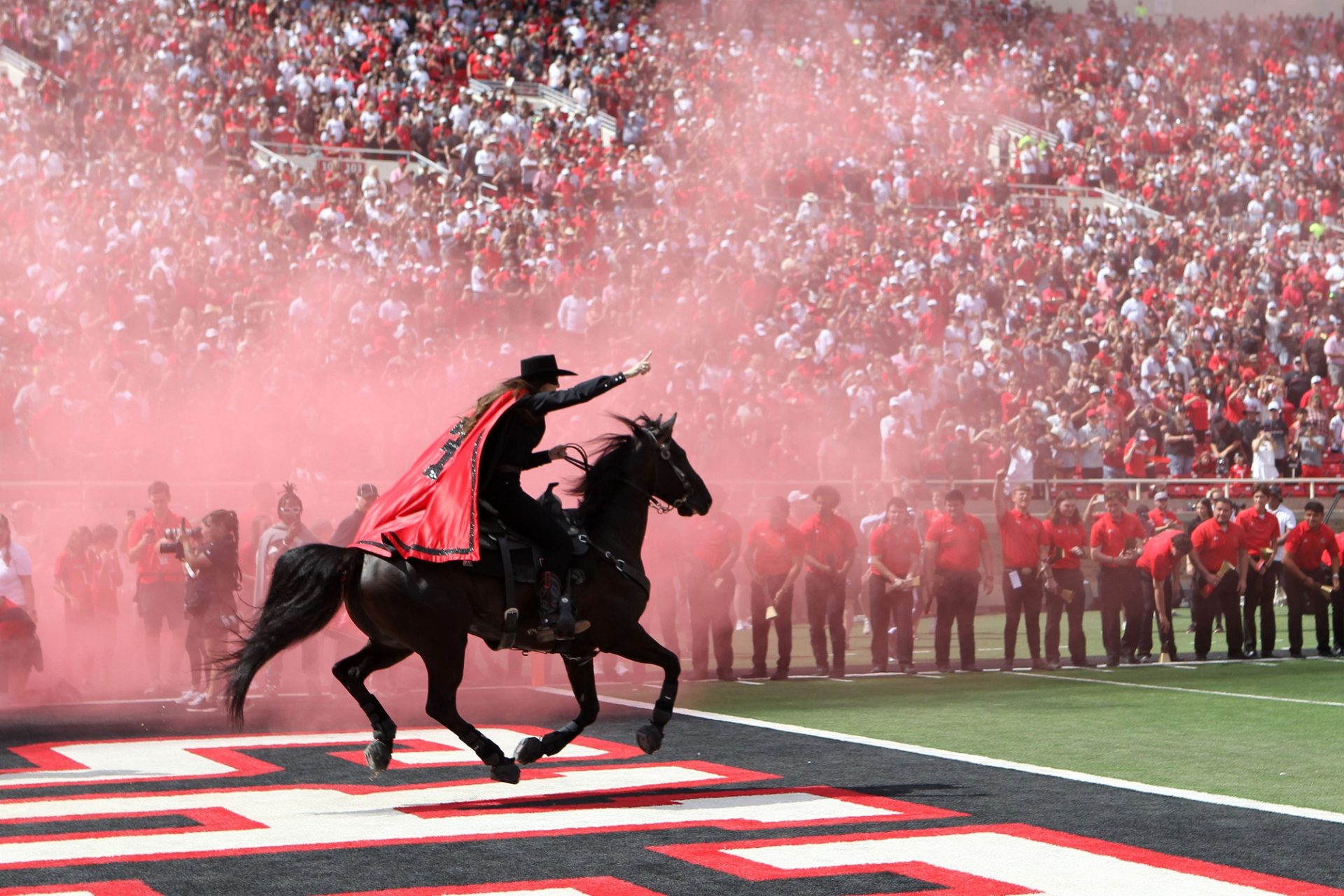Less than a week has passed since NCAA Division I schools were able to directly pay players—and the chaos has already started.
ESPN reported Friday that five-star offensive tackle Felix Ojo committed to Texas Tech over football powerhouses Texas, Ohio State, Michigan, and Florida. Ojo reportedly received a fully guaranteed deal worth $5.1 million over three years. Derrick Shelby, Ojo’s agent, informed ESPN of the figures.
The deal is one of the biggest under the revenue-sharing system, and is close to the contract OT Jackson Cantwell signed with the University of Miami earlier this year. That was worth $2 million annually with incentives, according to 247Sports, though it was signed before the House v. NCAA settlement was approved in early June.
However, The Athletic reported Saturday that Texas Tech officials said the revenue-sharing contract was worth $775,000 annually over the same period for a total of $2.3 million. The deal could reportedly climb to $5 million if there is an increase in the revenue cap ($20.5 million for this year) or if cap regulations are not strictly enforced.
The difference in reported figures showcases the overarching uncertainty surrounding the new rules, much like what happened when the NCAA first changed the NIL (name, image, and likeness) rules in 2021.
Texas Tech Spends Big
Regardless of the exact number Ojo will receive, his decision to commit to Texas Tech highlights the school’s continued commitment to football as the NCAA enters a salary-capped era.
The Red Raiders reportedly spent more than $10 million on 17 players during the winter transfer portal. Earlier this year, the school officially opened the Womble Football Center, a 340,000-square-foot practice facility that cost $242 million.
In June, Cody Campbell, co-founder of Texas Tech NIL collective Matador Club, told The Athletic that the school was prepared to spend an estimated $55 million in revenue-sharing dollars and NIL money across all sports next year.
This likely includes the softball program, which fell a game short of winning the Women’s College World Series last month. It’s unclear how much of a slice of the revenue-sharing pot softball will receive, as many expect the majority of the Division I programs to prioritize football, men’s basketball, and, to a lesser extent, women’s basketball.





![[Subscription Customers Only] Jul 13, 2025; East Rutherford, New Jersey, USA; Chelsea FC midfielder Cole Palmer (10) celebrates winning the final of the 2025 FIFA Club World Cup at MetLife Stadium](https://frontofficesports.com/wp-content/uploads/2026/02/USATSI_26636703-scaled-e1770932227605.jpg?quality=100&w=1024)











